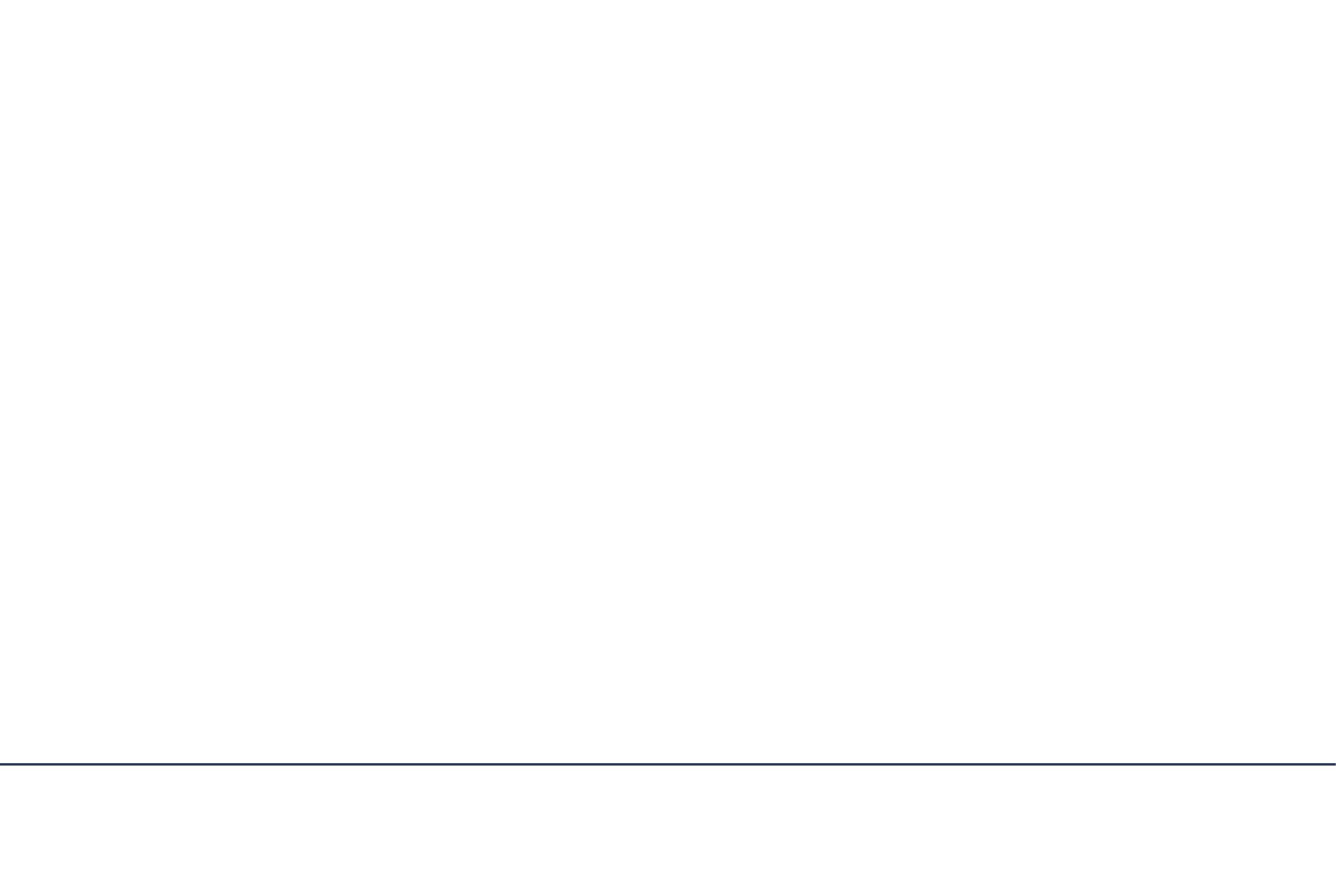
26 Lowther Street, Carlisle, CA3 8DA
Close
- About Us
- Services
-
MortgagesMortgages
-
Bridging LoansBridging Loans
-
Buy to LetBuy to Let
-
New BuildNew Build
-
First Time BuyerFirst Time Buyer
-
Rate Switch/Product TransferRate Switch/Product Transfer
-
RemortgagesRemortgages
-
ResidentialResidential
-
Second Charge LoansSecond Charge Loans
-
Self BuildSelf Build
-
Shared EquityShared Equity
-
Shared OwnershipShared Ownership
-
Equity ReleaseEquity Release
-
Business ServicesBusiness Services
-
Business Loan ProtectionBusiness Loan Protection
-
Executive Income ProtectionExecutive Income Protection
-
Key Person InsuranceKey Person Insurance
-
Relevant Life CoverRelevant Life Cover
-
Shareholder ProtectionShareholder Protection
-
InsurancesInsurances
-
Accident and Sickness CoverAccident and Sickness Cover
-
Critical Illness CoverCritical Illness Cover
-
Home InsuranceHome Insurance
-
Income ProtectionIncome Protection
-
Life InsuranceLife Insurance
-
Equity ReleaseEquity Release
-
InvestmentsInvestments
-
EIS (Enterprise Investment Scheme) & VCT (Venture Capital Trusts)EIS (Enterprise Investment Scheme) & VCT (Venture Capital Trusts)
-
Investment AccountsInvestment Accounts
-
Investment BondsInvestment Bonds
-
Junior ISAsJunior ISAs
-
Offshore Investment BondsOffshore Investment Bonds
-
Stocks and Shares ISAsStocks and Shares ISAs
-
PensionsPensions
-
Cash Flow ModellingCash Flow Modelling
-
Employer PensionsEmployer Pensions
-
Personal PensionsPersonal Pensions
-
Retirement PlanningRetirement Planning
-
Self Employment PensionsSelf Employment Pensions
-
Self Invested Pension PlanSelf Invested Pension Plan
-
- Contact Us
- About Us
- Services
-
MortgagesMortgages
-
Bridging LoansBridging Loans
-
Buy to LetBuy to Let
-
New BuildNew Build
-
First Time BuyerFirst Time Buyer
-
Rate Switch/Product TransferRate Switch/Product Transfer
-
RemortgagesRemortgages
-
ResidentialResidential
-
Second Charge LoansSecond Charge Loans
-
Self BuildSelf Build
-
Shared EquityShared Equity
-
Shared OwnershipShared Ownership
-
Equity ReleaseEquity Release
-
Business ServicesBusiness Services
-
Business Loan ProtectionBusiness Loan Protection
-
Executive Income ProtectionExecutive Income Protection
-
Key Person InsuranceKey Person Insurance
-
Relevant Life CoverRelevant Life Cover
-
Shareholder ProtectionShareholder Protection
-
InsurancesInsurances
-
Accident and Sickness CoverAccident and Sickness Cover
-
Critical Illness CoverCritical Illness Cover
-
Home InsuranceHome Insurance
-
Income ProtectionIncome Protection
-
Life InsuranceLife Insurance
-
Equity ReleaseEquity Release
-
InvestmentsInvestments
-
EIS (Enterprise Investment Scheme) & VCT (Venture Capital Trusts)EIS (Enterprise Investment Scheme) & VCT (Venture Capital Trusts)
-
Investment AccountsInvestment Accounts
-
Investment BondsInvestment Bonds
-
Junior ISAsJunior ISAs
-
Offshore Investment BondsOffshore Investment Bonds
-
Stocks and Shares ISAsStocks and Shares ISAs
-
PensionsPensions
-
Cash Flow ModellingCash Flow Modelling
-
Employer PensionsEmployer Pensions
-
Personal PensionsPersonal Pensions
-
Retirement PlanningRetirement Planning
-
Self Employment PensionsSelf Employment Pensions
-
Self Invested Pension PlanSelf Invested Pension Plan
-
- Contact Us



